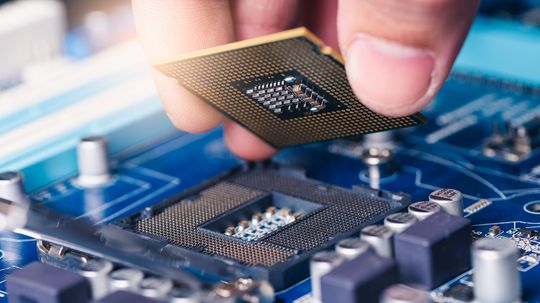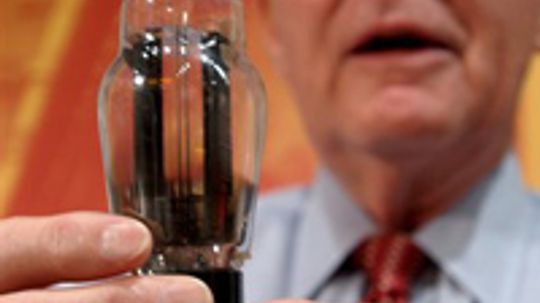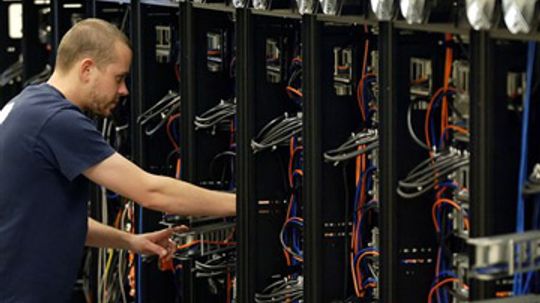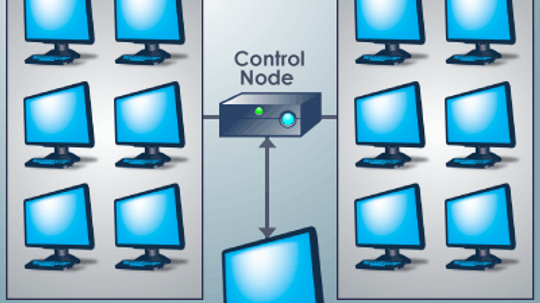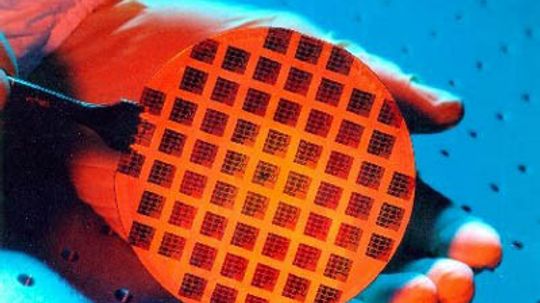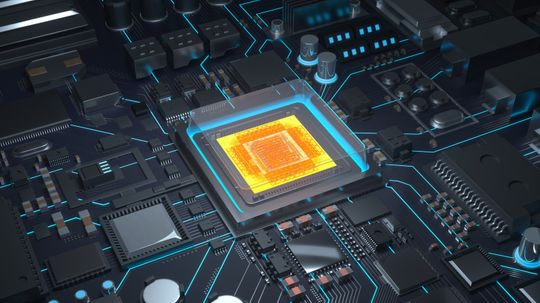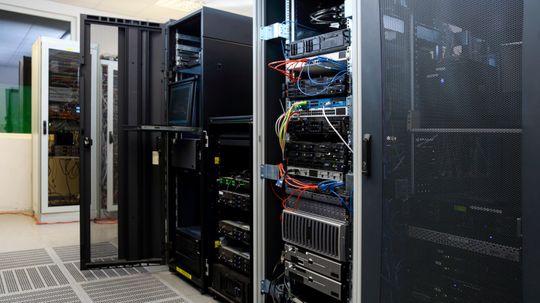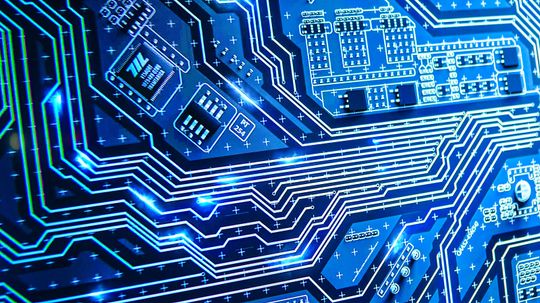Computer CPU
CPU is a well-known acronym in the computing world, but what is in them? Learn more about CPUs, including the newest processors and the technology behind CPU speed.

Why Is My Computer So Slow? 5 Reasons and How to Fix Them

Should You Shut Down Your Computer Every Night?

What's the Difference Between Restarting and Shutting Down My Computer?
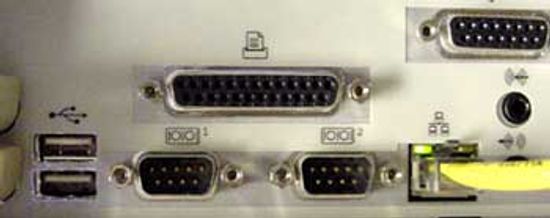
How Parallel Ports Work
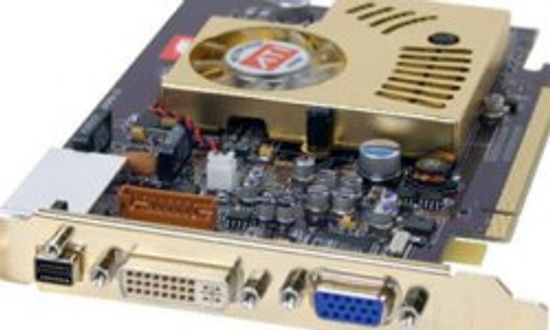
PCI Express Image Gallery

What is the main difference between FireWire and USB?
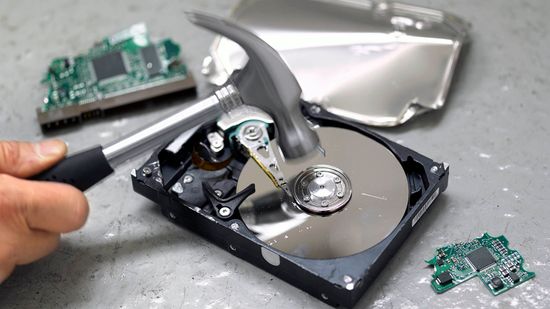
How to Wipe a Computer's Hard Drive

How to Fix the Black Screen of Death

Should I move my hard disk to the cloud?

How Secure Digital Memory Cards Work

Computer Memory Pictures

What is virtual memory?

What are the three types of VPN?

What do you need to build a private WiFi network?
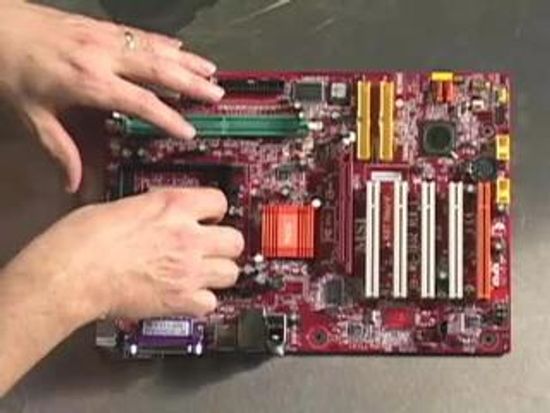
What Does a Server Do?
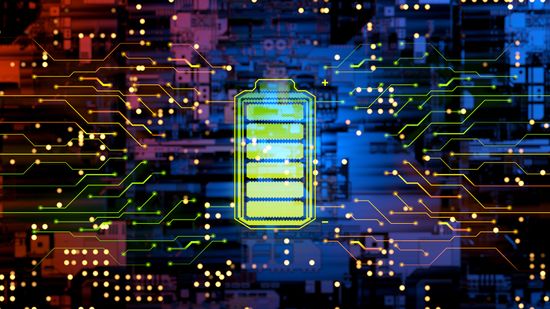
What Is a UPS? How an Uninterruptible Power Supply Works

How to Cool Down Laptop: 5 Easy Ways to Prevent Overheating
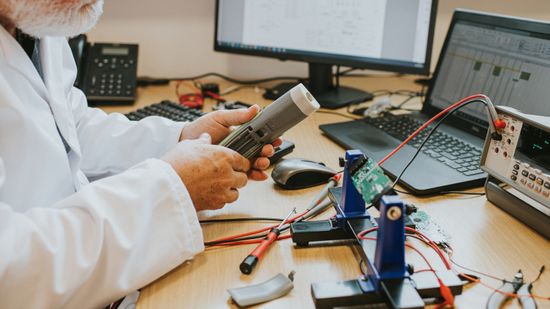
How To Know When Your Computer's CMOS Battery Is Dead
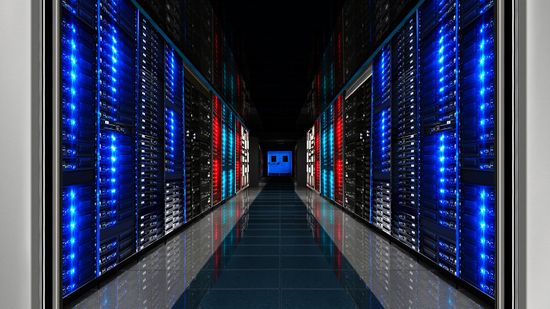
What is the world's fastest supercomputer used for?

Set Your Computer for Energy Savings

Is the desktop computer going the way of the dodo bird?

How to Force Quit on a Mac

Steve Jobs: Life in Pictures
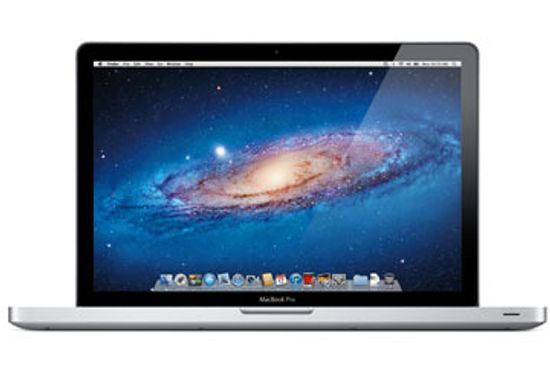
Are Macs more expensive than comparable PCs?

How the Kindle Paperwhite Works

How the Kindle Fire Works

Nook vs. Kindle Fire
Learn More
Overclocking a processor allows it to run at higher than factory speeds, but it also can lead to reliability issues if you don't do it safely. So how do you do it, and does it void your computer's warranty?
By Talon Homer
As manufacturers struggle to find new ways to cram transistors on computer chips, it would seem that Gordon Moore's famous prediction will one day fizzle out. Should we retire Moore's Law?
When people speak of supercomputers, they often talk about how powerful the machines are. But just what is computing power, and what makes one type of machine more powerful than another?
Advertisement
According to Moore's Law, computer processors double in complexity every two years. Is this really a law, and who is Gordon Moore, anyway?
Like clockwork, microprocessor manufacturers develop new and better chips to power our computers. What makes Intel's Nehalem chip so different?
Advances in technology have allowed microprocessor manufacturers to double the number of transistors on a CPU chip every two years. How long can they keep this up?
Utility computing lets you pay as you go for your company's computing needs. Would you be willing to let someone else take care of your hardware and software?
Advertisement
People are switching to parallel processing to share big computing jobs between several smaller, less-expensive chips. But how does parallel computing work?
Instead of buying a supercomputer, what if you bought many regular computers? That's the idea behind distributed computing. But how does it work?
Silicon microprocessors are about to reach the limit to their storage capacity. But one technology may extend the life of the silicon microchip -- it's called extreme-ultraviolet lithography, and it may keep silicon useful for a few years longer.
By Kevin Bonsor
Celeron and Pentium chips have a lot in common, but there are some features that separate them. Which one is right for you?
By Talon Homer
Advertisement
In this article we'll tell you which processor is faster and why. Learn how chip designers make use of transistors.
A microprocessor will perform without error when executed at or below the maximum indicated speed. Why can't they speed them up? There are two things that limit a chip's speed.
The microprocessor determines the processing power available for any application you run. Without it, there is no computer. Learn all about this amazing, ever-shrinking technology that makes your computer compute.
